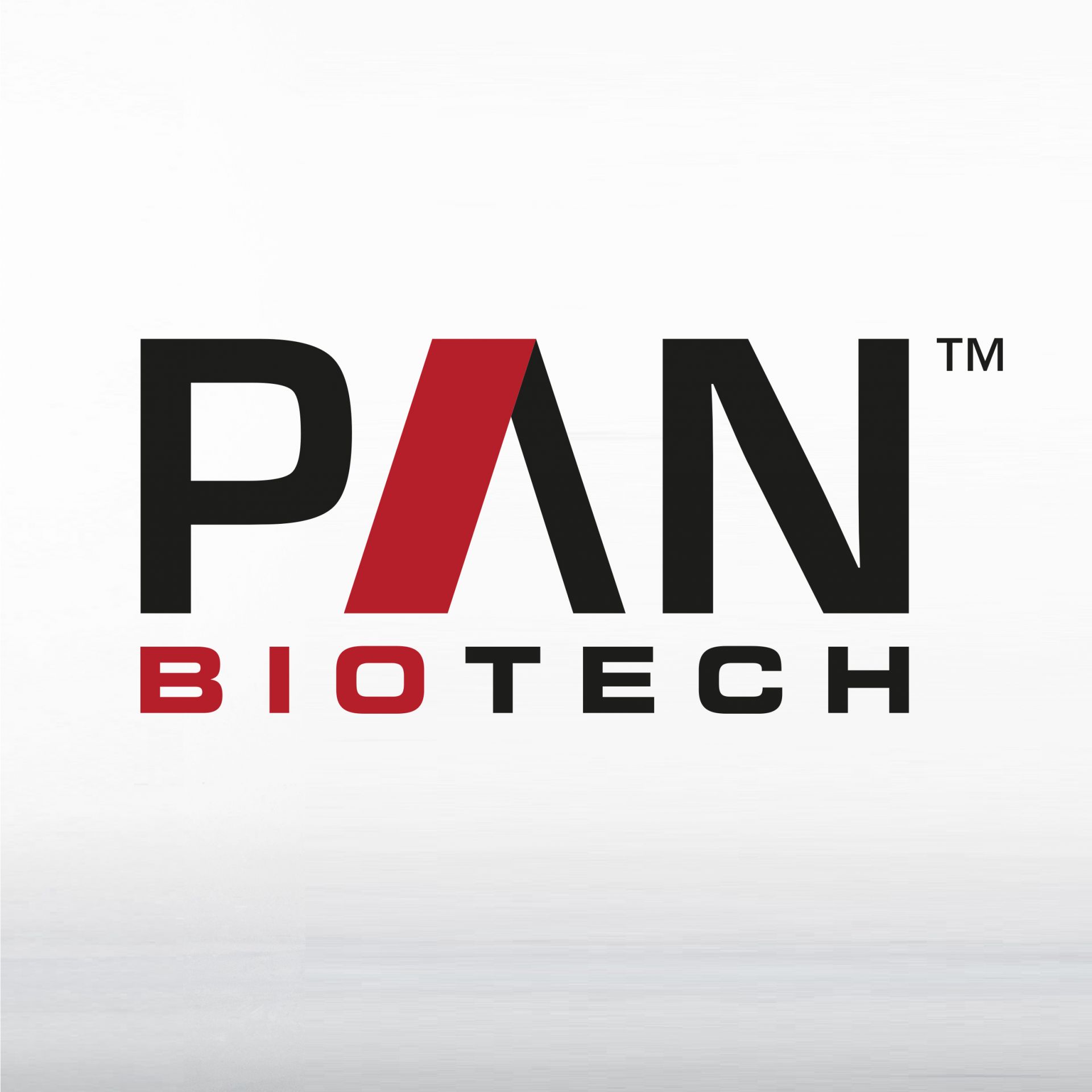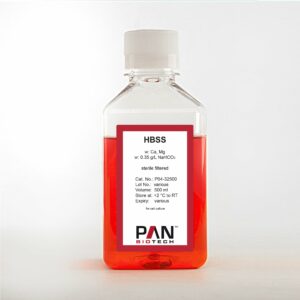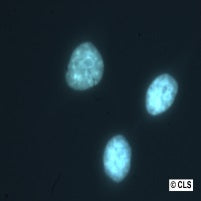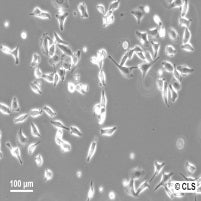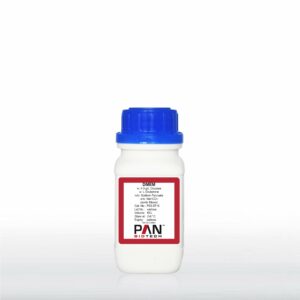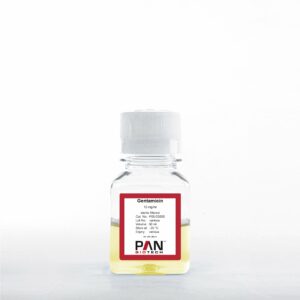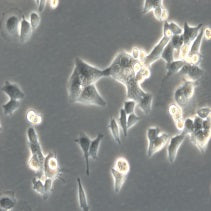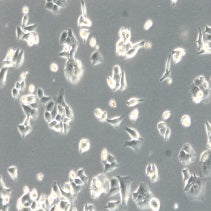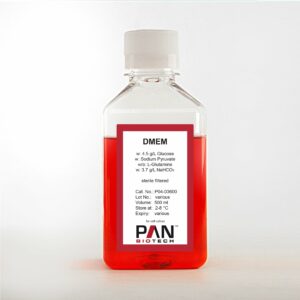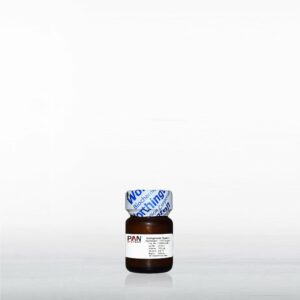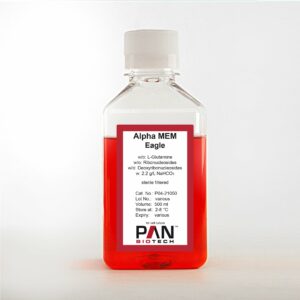PHA-L Phytohemagglutinin, 1.2 mg Protein/Flask, lyophilized

PHA-L Phytohemagglutinin, 1.2 mg Protein/Flask, lyophilized
Cat-no :P05-01010
Size: 6×5 ml
Store at: -20°C
Sterile : Yes
HS-Code: 35040090
Availability: Green
Phytohemagglutinin (PHA) in Culture: Importance and Application
Phytohemagglutinin, commonly referred to as PHA, is a plant-derived lectin extracted mainly from the red kidney bean (Phaseolus vulgaris). Its significance in cell culture stems from its potent mitogenic properties, especially concerning human T cells. PHA is frequently used in various immunological studies and assays due to its ability to stimulate the proliferation of T cells in culture.
The primary reason for employing PHA in cell cultures is its remarkable capability to prompt cellular division. When T cells encounter PHA, the lectin triggers a cascade of cellular events leading to cell proliferation. This makes PHA an invaluable tool for researchers aiming to expand T cell populations in vitro or study specific aspects of T cell activation and signaling.
PHA also plays a pivotal role in diagnostic assays. For example, it’s used in the lymphocyte proliferation test to assess the immune system’s functionality. By adding PHA to a patient’s lymphocytes in culture, clinicians can gauge the immune response by measuring how robustly the cells proliferate in the presence of the mitogen. A diminished response can indicate an underlying immunodeficiency.
Moreover, using PHA in mixed lymphocyte reactions facilitates the study of cellular interactions between different individuals’ immune cells. This is crucial in scenarios like organ transplantation, where understanding potential donor-recipient immune responses is vital.
However, while PHA offers numerous benefits, it’s crucial to use it judiciously. The concentration of PHA introduced to a culture can profoundly influence the results. Too little, and the desired mitogenic response may not occur; too much, and there could be non-specific activation or even cytotoxic effects.
In summary, PHA’s role in cell culture is undeniably crucial. Its ability to stimulate T cell proliferation and function makes it an indispensable tool in immunological research and diagnostics. The consistent and judicious use of PHA enables scientists and clinicians to delve deeper into the intricacies of the human immune system, paving the way for further discoveries and medical advancements.
| Vendor | PAN Biotech |
|---|
Related products
Tissue Culture
Tissue Culture
Tissue Culture
Tissue Culture
Tissue Culture


